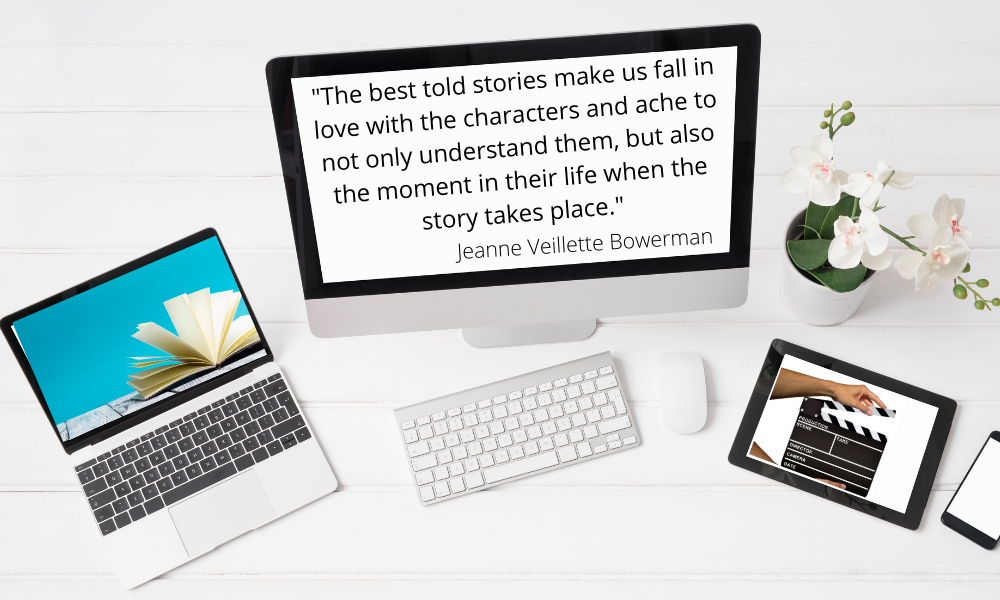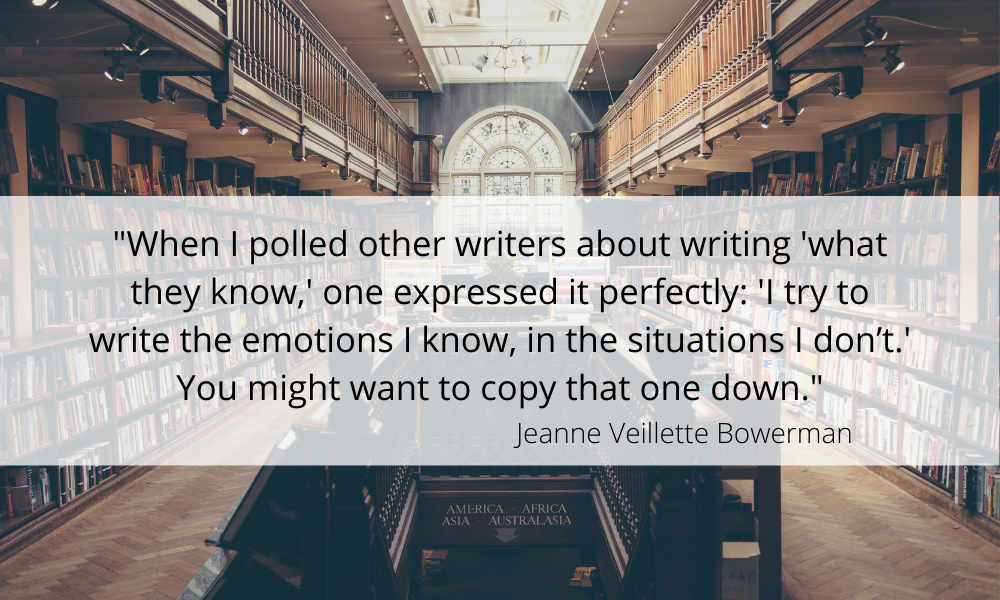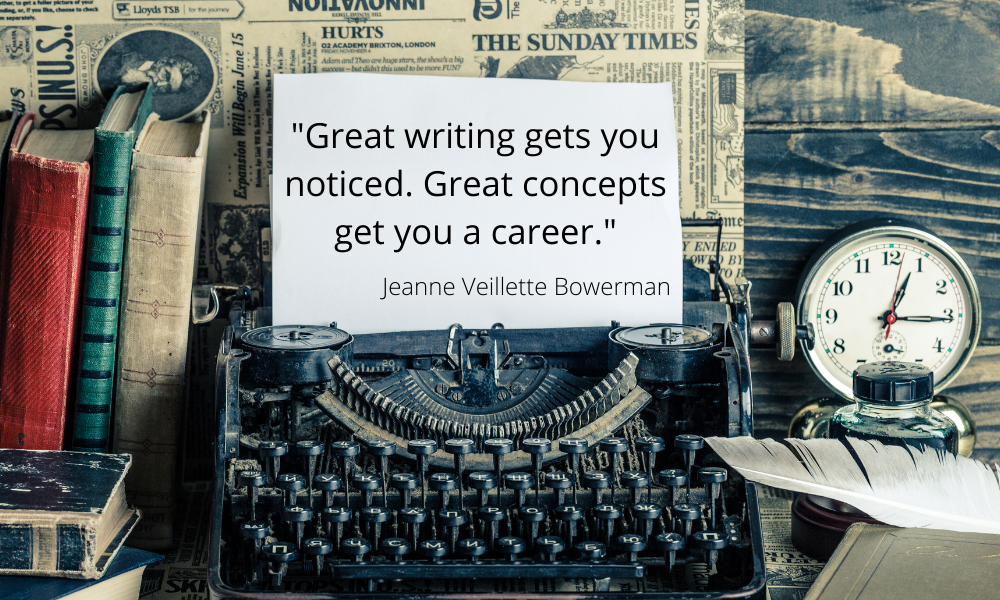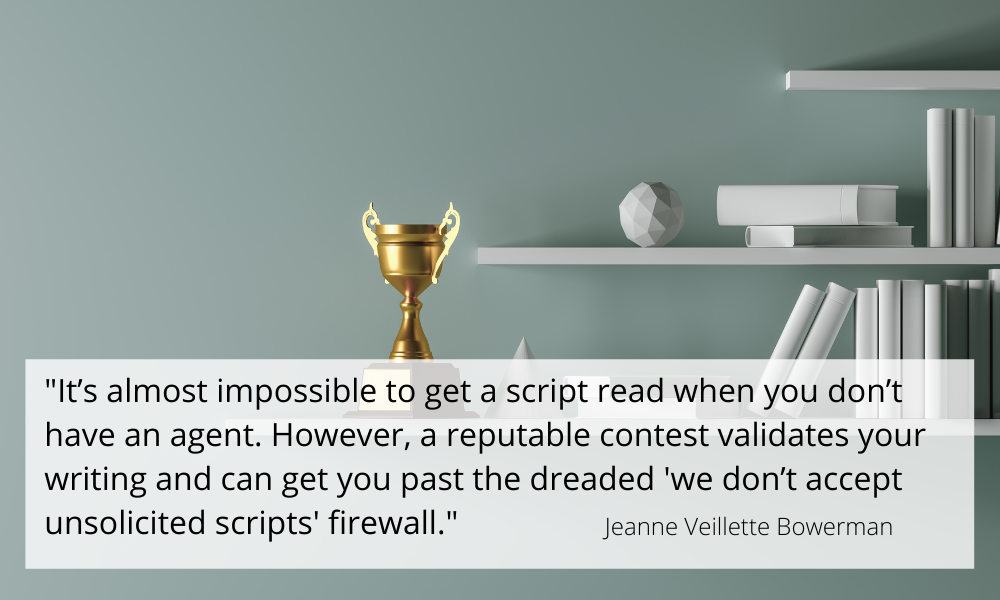Interview with Amy Sherman-Palladino
The executive producer and writer for Gilmore Girls, Amy Sherman-Palladino explains the ins and outs of being a television writer. Here’s a little of what this award-winning scriptwriter has to say.
How do you create a successful one-hour drama focusing on a mother/daughter relationship that doesn't have that been-there-done-that feel? Amy Sherman-Palladino, the creator, executive producer and writer for the WB's popular series Gilmore Girls, knows exactly what it takes: vision, talent and plenty of confidence.
The show chronicles the ups and downs of single mom Lorelai Gilmore and her daughter Rory. The catch: The two are separated by a mere 16 years.
"It was a relationship that I thought would be fun to write, would have fun conflict," says Sherman-Palladino, who got her start in scriptwriting on the ABC sitcom Roseanne.
Coming up with a winning idea is only the first of many steps; developing it into a strong series involves melding a witty cast, sustainable storylines and rapid-fire banter (the standard speak of the mother/daughter duo). And Sherman-Palladino guides the show every step of the way.
"I'm queen; I'm Queen Gilmore," she says of her active role in almost every aspect of the show's production—she'll even direct the show's season finale. "The thing about Gilmore Girls is that it's such a specific voice, and I lived with it for so long before it got on the air It's a very specific rhythm and a very specific banter.
"And I'm very picky—I want to know what they're wearing. I want to know how the mantle piece is going to look and what color paint goes on the walls probably I need a hobby."
But before the details and banter there is only a vision—an essential element to success. Too many shows, she says, taper out after only a few episodes. And the key to maintaining a show's stamina is focus. "I think if you have a very singular focus, and you know what the core of your show is, what the voice is, what you're trying to say, it just makes everything easier."
Experience is a key component for vision, though. Between Roseanne and Gilmore Girls, the scribe "flipped around a little bit" on half-hour comedies like Veronica's Closet and Cybil until finding a fit in hour-long dramas.
"With a sitcom, everyday you do a run through, and people are judging you, and the scripts are being changed nightly, nightly, nightly," she says. "Gilmore Girls is more of a process of being able to hone a script."
The current lack of emotional, story-driven comedies like Roseanne—for which she and former writing partner Jennifer Heath were nominated for an Emmy in 1992—also prompted her switch to drama. "I think nowadays, sitcoms have fallen into such a weird, very joke-driven, high-concept vein. It's all beat, laugh track, beat, laugh track ..."
Whether she's writing, directing, producing or editing, Sherman-Palladino says there's one lesson that she never forgets: Never count on anyone else to protect you or your work. And what of those people who say they'll protect you?
"Those are the first people who will screw you over," she says. "This is a business, and people want to make a lot of money. People have nannies and big cars, and they want to go to Maui for Christmas. When there are those kind of stakes involved, people get ruthless."
But if you can withstand the constant scrutiny and rejection that comes in spades with this profession, this scriptwriter says it's well worth it.
"It has got to be something that every day you go home and you go, 'Yeah, but you know what, what else would I rather be doing?'"
This article appeared in the August 2001 issue of Scriptwriting Secrets.









